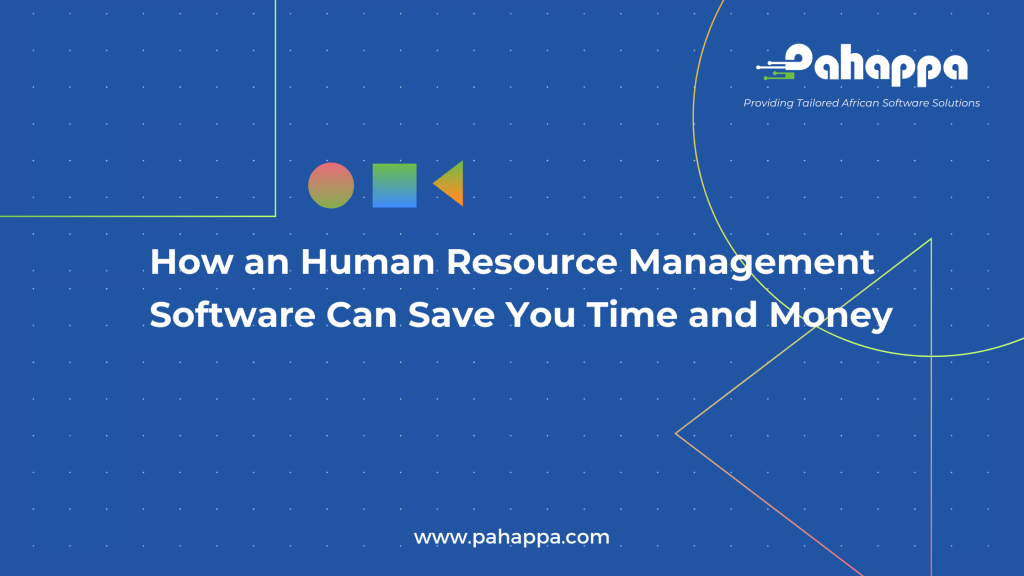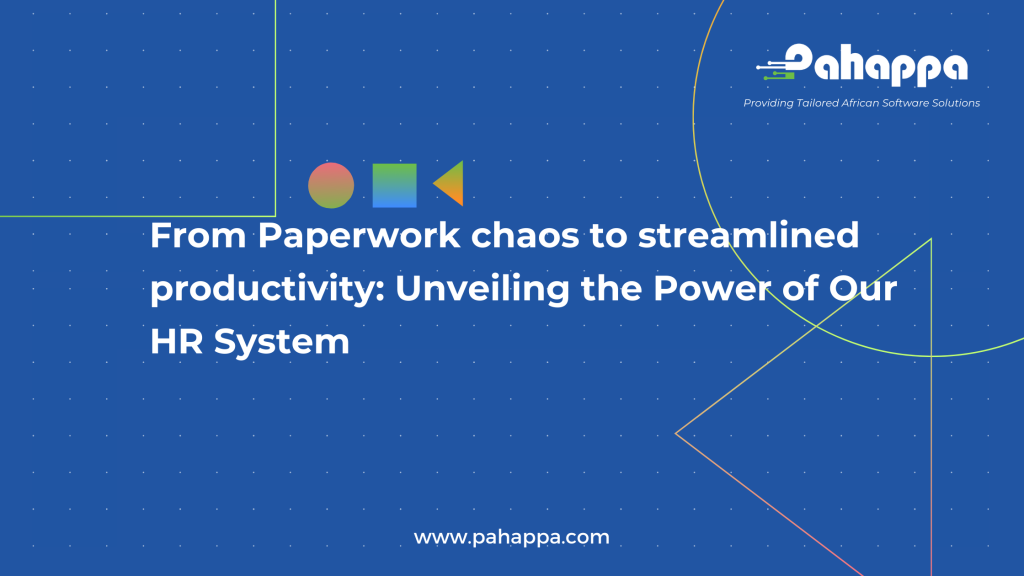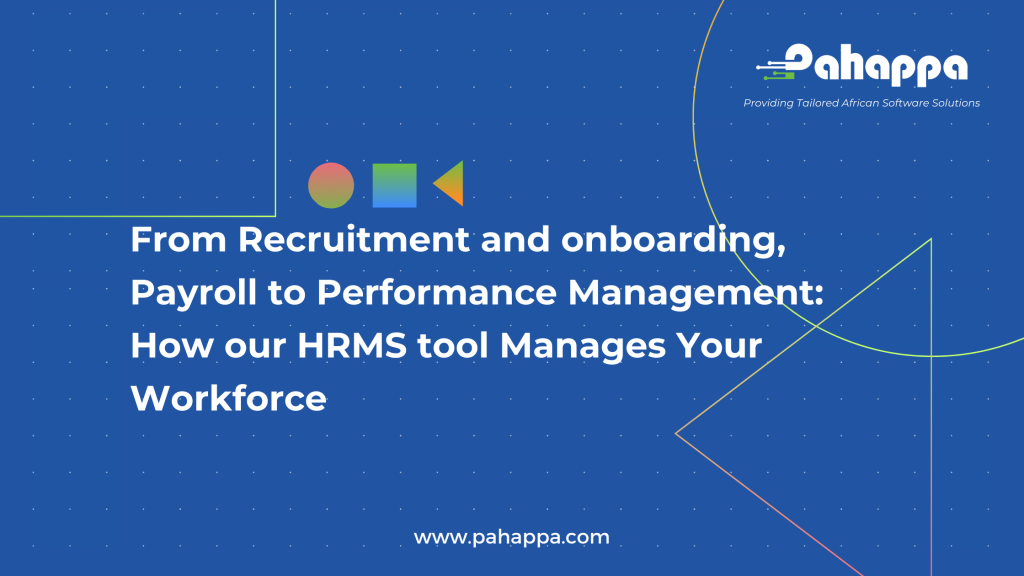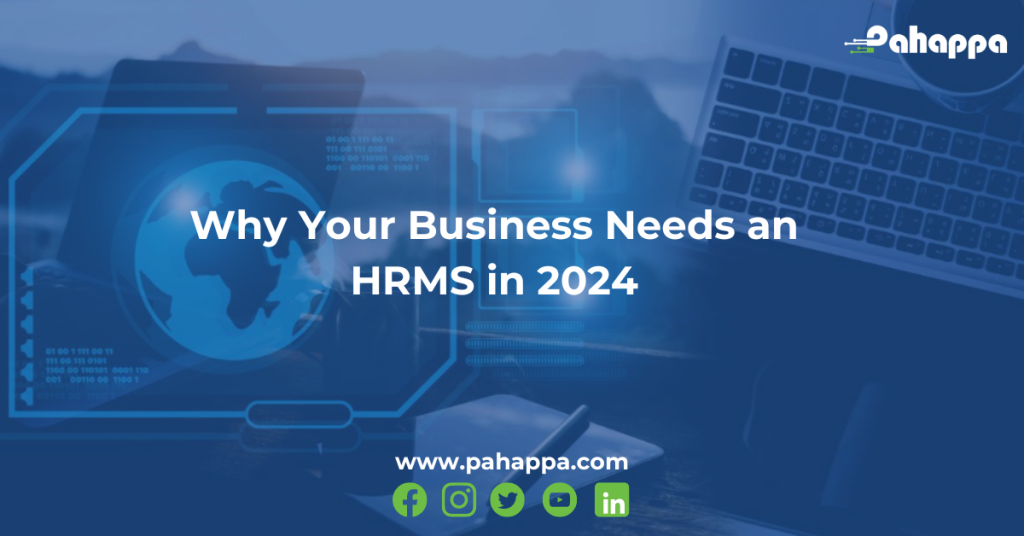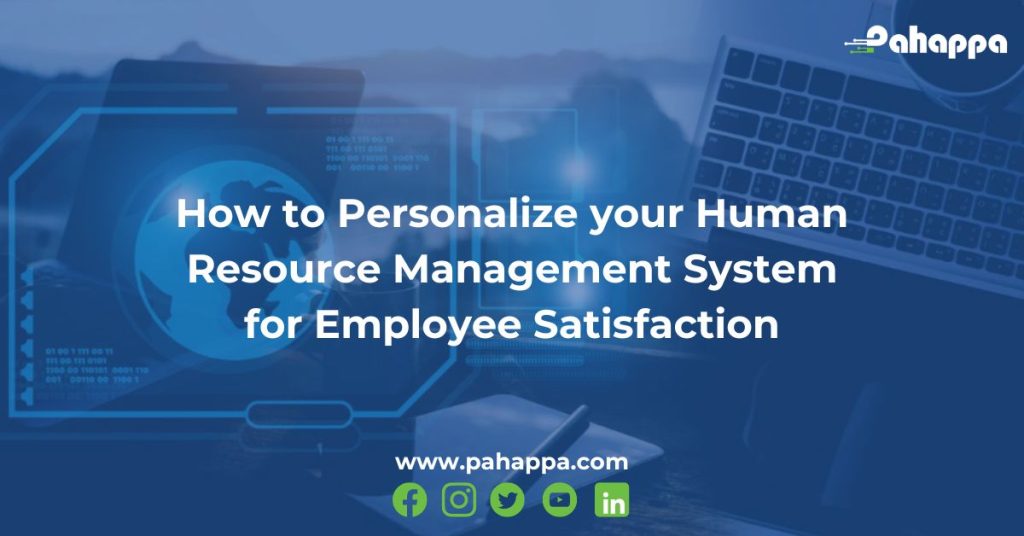Compensation and benefits are important aspects of human resources. Compensation is wages and salaries. Benefits may include things like health insurance, leave management and pension plans. Compensation and benefits are important because they can help attract and retain talented employees. Good compensation and benefits plans can also motivate clients to work and improve on their KPIs. Human Resource Management Information Systems (HRMIS) can help organizations improve their compensation and benefits management in several ways. Here are some ways HRMS can help:
- Centralization of Data: HRMIS can help to centralize all employee data, including their compensation and benefits information, in a single database. This enables HR professionals to easily access and update this information as needed, without the need to consult multiple sources. Since data is centralised, it is also easy to collect information from other sectors of the department which also eases employees’ access to their plans.
- Automation of Processes: HRMIS can automate the processes involved in managing compensation and benefits. This can include automatically calculating employee pay, tracking overtime and leave, and managing employee benefits enrollment. It also automatically calculates in case of excess leave days in case employees request it.
- Streamlined Communication: HRMIS can also streamline communication with employees about their compensation and benefits. This can include sending automated alerts to employees about changes to their pay or benefits, as well as providing a self-service portal where employees can access information about their compensation and benefits. Companies can use fast and effective tools like SMSes to alert employees of any changes in their plans. This improves transparency between employees and the company.
- Improved Compliance: HRMS can help organizations stay compliant with relevant regulations and laws related to compensation and benefits management. This can include automatically calculating and withholding taxes, as well as ensuring compliance with laws related to employee benefits. Relevant regulative taxes like Pay as you earn or NSSF can automatically be deducted from the employees’ compensation. This helps employees ease their tax payments and tally accordingly.
- Analytics and Reporting: HRMS can provide analytics and reporting capabilities to help organizations better understand their compensation and benefits practices. This can include tracking employee compensation and benefits trends over time, identifying areas where changes may be needed, and assessing the impact of compensation and benefits decisions.
HRMS can help organizations to improve their compensation and benefits management by streamlining processes, centralizing data, and providing analytics and reporting capabilities. To know more about HRMIS, Click here.




